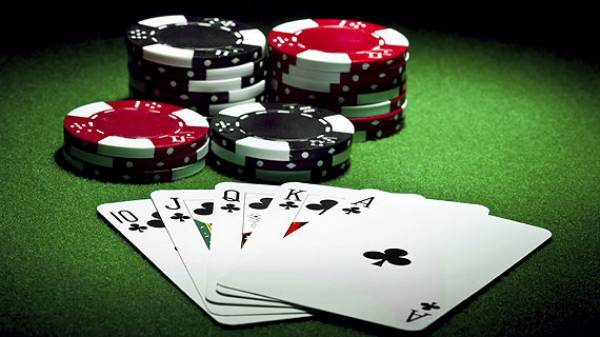New York Internet Poker Proposal Divides Gambling Industry

ALBANY, N.Y. (Associated Press) - Talk of allowing Internet poker in New York has divided the gambling industry, with some companies telling state lawmakers Wednesday that it would increase government revenue while others warned it could undermine existing casinos and racetracks.
The proposal before lawmakers would authorize, license and tax Internet poker games — now allowed only in New Jersey, Delaware and Nevada. Estimates indicate New York would raise millions of dollars if the proposal passes, but concerns about its effect on an increasingly saturated gambling market have lawmakers vowing to take a cautious approach.
Supporters including large gambling companies like MGM told the lawmakers that gamblers are already playing risky, unregulated online games that provide no governmental revenue. They said online gamblers are typically younger and tend not to patronize casinos and racetracks — limiting the potential impact on existing businesses.
"New York can take comfort in the fact that other states, other jurisdictions are doing this and doing this effectively," said John Pappas, executive director of the Poker Players Alliance, which describes itself as a "poker grassroots advocacy group."
But representatives for local racinos said Internet poker should be allowed only if local gambling facilities can operate the games. James Featherstonhaugh, a lobbyist speaking on behalf of the state's racinos, called on lawmakers to tread carefully before authorizing a new form of gambling that could eat into their revenues.
"There's no question that this is the law of diminishing returns," he said. "We should be very cautious and very respectful of economics."
The committee's chairman, Republican Sen. Jon Bonacic, said the proposal would be carefully considered. Of critical importance, he said, is whether online gambling would drain revenue from existing racinos and three new casinos that plan to open within the next few years.
Not invited to speak at Wednesday's hearing were anti-gambling groups that say Internet poker would exploit compulsive gamblers.









